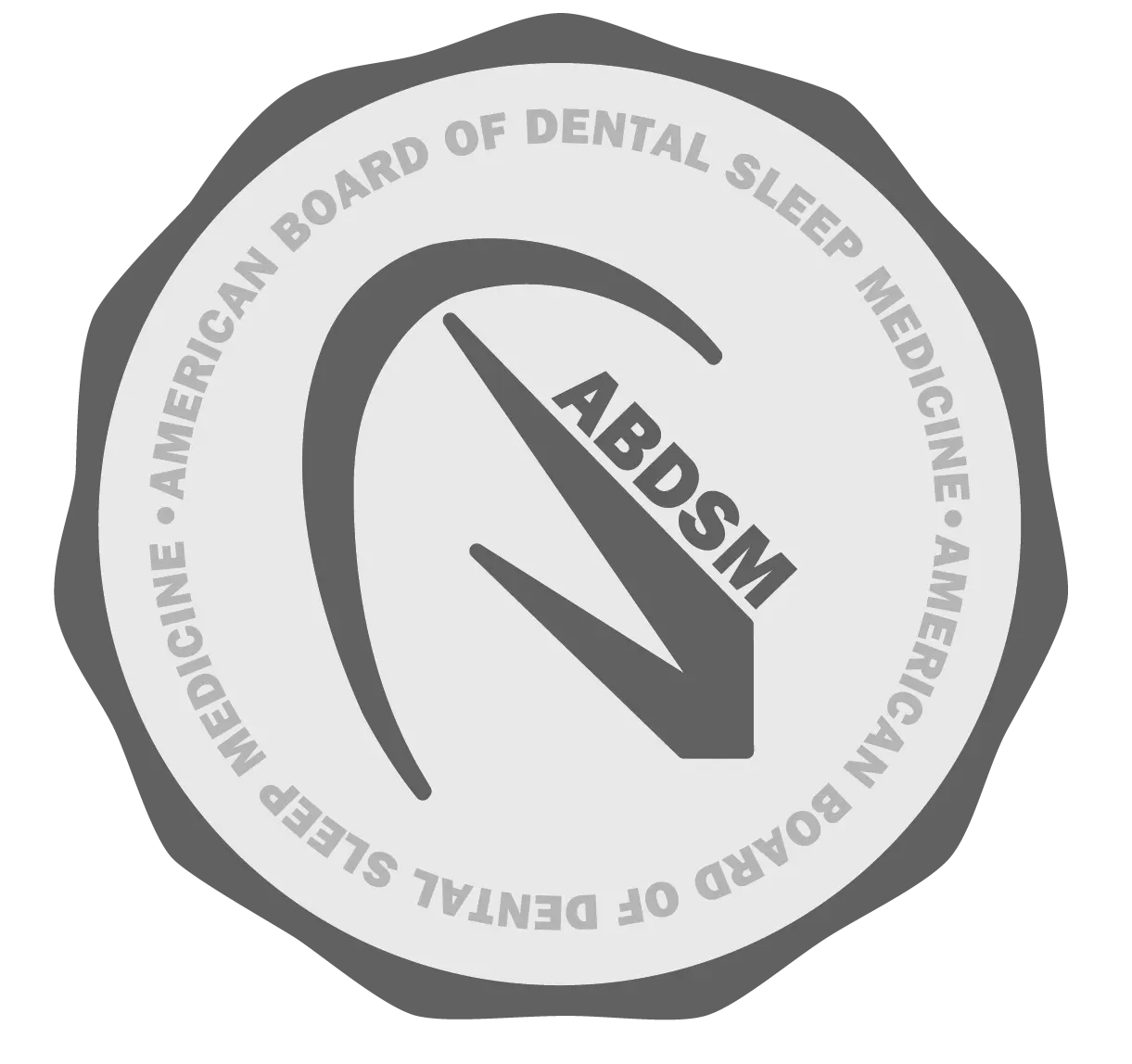A failed root canal can feel like a double betrayal. You invested time and trust into saving your tooth, only to be back at square one, facing another big decision. Now, the critical question is: what’s the best way to move forward?
The most common crossroads patients face is the dental bridge vs implant dilemma. This isn't just a choice between two procedures; it's a choice about the long-term health of your jawbone and your smile. At Smoke Rise Dental in Stone Mountain, GA, we believe the right answer isn't a one-size-fits-all product, but a personalized plan based on your unique anatomy and goals.
We’ll provide a unique framework to help you understand not just the "what," but the "why" behind each option.
The Core Difference: Replacement vs. Restoration
Before we dive in, let's clarify a fundamental distinction that is mostly missed:
- A dental implant is a tooth replacement. It consists of a titanium post that acts as an artificial root, placed directly into your jawbone. A crown is then attached to this post. It stands alone, independent of its neighbors.
- A dental bridge is a tooth restoration. It uses the two healthy teeth on either side of the gap as "abutments" to suspend a false tooth between them. It's a single, connected unit that relies on its supporting teeth.
This core difference, independent root versus dependent support, drives every pro and con that follows.
The "I Need to Make an Informed Choice" Framework
This section addresses your immediate need for a clear, logical way to evaluate your options. We've broken it down into three critical pillars of comparison.
Pillar 1: Long-Term Impact on Your Oral Health
This is the most significant factor often overlooked in a simple dental bridge vs implant comparison.
- Dental Implant: The implant post mimics a natural tooth root, providing necessary stimulation to your jawbone. This prevents the bone loss that naturally occurs when a root is missing. It also protects the health of your adjacent teeth, as they are left completely untouched.
- Dental Bridge: To place a bridge, the two adjacent teeth must be filed down to serve as pillars. This means altering otherwise healthy tooth structure. Furthermore, the bridge does not prevent the bone beneath it from resorbing over time.
The Takeaway: If preserving your jawbone and leaving healthy teeth undisturbed is your priority, an implant is the biologically superior choice.
Pillar 2: The Procedure & Timeline Experience
Understanding the journey itself is key to managing expectations.
- Dental Implant: The process is longer, typically involving two phases: placing the implant and, after a healing period of 3-6 months, placing the crown. Thanks to modern sedation dentistry and advanced technology like our BIOLASE WaterLase laser, the procedure itself is remarkably comfortable. The benefit? It's a one-time investment for what is designed to be a permanent solution.
- Dental Bridge: The process is much faster, often completed in just two weeks. It's a non-surgical solution, which can be appealing. However, the trade-off is that bridges have a finite lifespan (10-15 years on average) and will likely need to be replaced, involving recurring cost and time.
The Takeaway: An implant requires a greater upfront time investment for a long-term result. A bridge offers a quicker fix but often leads to a recurring cycle of replacement.
Pillar 3: Longevity, Function, and Cost Over Time
Let's talk about the practical, day-to-day and financial implications.
- Longevity: With proper care, a dental implant can last a lifetime. A dental bridge, while durable, will eventually need replacement.
- Function & Feel: Both restore your smile, but many patients report that an implant feels more like a natural tooth and is easier to clean with normal flossing.
- Cost Analysis: While the initial cost of an implant is higher, a bridge can become more expensive over the course of your life due to the need for replacements and potential repairs to the supporting teeth.
The "Why Our Expertise Makes All the Difference" Deep Dive
This section builds trust and addresses your need for confidence in your provider. The decision isn't just about the device; it's about the planning and skill behind it.
Beyond the Basics: The Smoke Rise Dental Advantage
At Smoke Rise Dental, the dental bridge vs implant conversation is guided by Dr. Moeti’s advanced training in prosthodontics, the specialty of restoring and replacing teeth. This means we don’t just look at the single missing tooth; we analyze your entire bite, the health of your jawbone, and the long-term stability of your smile.
- Precision Planning with Technology: For implants, we use advanced 3D imaging to plan the precise placement, ensuring optimal function and aesthetics. For bridges, our in-office CEREC technology allows us to design and mill incredibly precise, strong crowns and bridges in a single visit.
- A Truly Unbiased Opinion: Because we offer both BioHorizons dental implants and state-of-the-art CEREC bridges, our recommendation is based solely on what is best for your health and situation, not what we are limited to providing.
When you come to us after a failed root canal, you receive a comprehensive evaluation and a compassionate partner dedicated to helping you make the right choice for your future.
Conclusion: Your Path to a Confident Smile Starts with a Conversation
There is no universal "best" option in the dental bridge vs implant debate. The best choice is the one that aligns with your health, your timeline, and your long-term vision for your smile.
An implant is often the preferred choice for its durability, bone preservation, and health benefits. A bridge remains an excellent, cost-effective solution in certain situations, especially when the adjacent teeth already have large fillings and would benefit from being crowned.
You don't have to navigate this complex decision alone. Let our Stone Mountain,GA, team provide the clarity and expert care you deserve.
Schedule Your Personal Consultation with Dr. Moeti. We'll discuss your unique situation, answer all your questions, and help you find the right path forward. Call us at (770) 923-5500 or visit our office at 5500 A Lilburn Stone Mountain Rd, Stone Mountain, Georgia 30087.
FAQs
Is it better to get a dental implant or a bridge?
"There is no single 'better' option for everyone. An implant is generally better for long-term oral health as it preserves jawbone and doesn't alter adjacent teeth. A bridge can be a better financial or logistical solution in specific cases. The best choice depends on your individual circumstances."
Are you put to sleep for dental implants?
"Not typically. Most dental implant procedures are performed under local anesthesia, much like a filling. You are awake but completely numb. However, for anxious patients, we offer sedation dentistry options to ensure a perfectly comfortable and relaxed experience."
Can I swallow after a dental implant?
"Yes, you can and should swallow normally. While you'll need to be careful with eating and drinking immediately after the procedure, swallowing your saliva is perfectly safe and will not disrupt the implant site."
What is the main problem with dental bridges?
"The main problem is that they require the alteration of two otherwise healthy teeth to serve as supports. This irreversible process makes those teeth more vulnerable to future decay and damage, and the bridge itself will need replacement every 10-15 years."
What are the negatives of bridges?
"Key negatives include: the irreversible alteration of healthy adjacent teeth, the inability to prevent bone loss in the gap, a finite lifespan requiring future replacement, and the potential for more challenging flossing underneath the false tooth."











